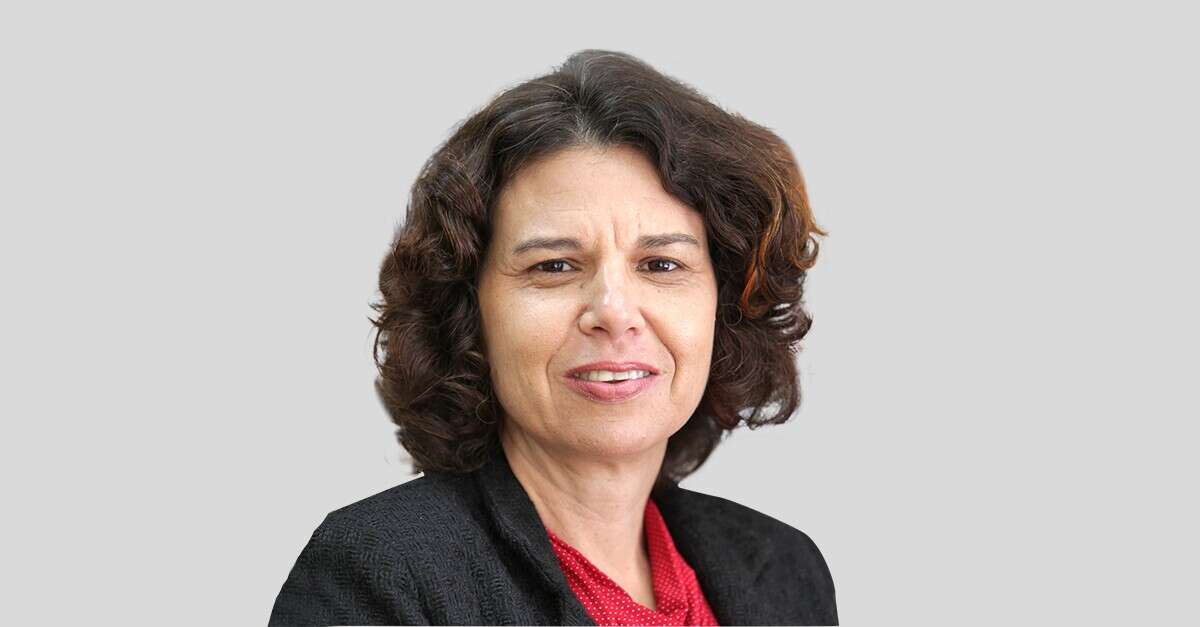Under the auspices of the Corona virus, the dream of all education ministers has come true overnight. Within two weeks, we all became outstanding students in five math units, differential calculus experts, even though we didn't know we were. We now understand what an exponent is, and what an engineering column is, well-controlled graphic representations and without blinking can explain how important "flattening curves" are.
The Corona crisis has caused a disturbing trend of overuse of numbers and the shift to "quantitative discourse": how many have taken place? How many have passed away? What is the rate of infection? What is the chance of our peers getting infected? How are we in relation to Italy? And also: how many soul machines do we have? How many checks and markers? How many canned corn boxes are left in the warehouses?
"Mathematization," and "number theory" that landed on us require attention. Overuse of numbers can blur and detach us from the sad and painful side of what is happening in the world these days, sealing us to the hardships and hardships of the lonely and suffering people behind the numbers. This joy of numbers jumping at us is a dangerous toy because it can disrupt human sensitivity, concern for the elderly, the patient, the weak.
Why is using numbers dangerous? It's dangerous because announcing the passing of an "89-year-old" means making a life-to-life diagnosis. The numbers mean that life ceases to be of supreme value, not sortable and divisible. Suddenly there is a life that is more worthwhile and can be measured numerically. The basic logic of life precedence and equality of life is a fundamental principle of democratic society. Quantitative discourse can produce a slippery slope that violates this principle.
When you put numbers into the equation of life, you get strange results. If the lives of the elderly and the "background disease" are less equal, then maybe the life of the autistic is even less? And what about the cancer patients? And why distinction by age? Maybe we will classify humans by intelligence and decide that those with a psychometric grade of 500 and below are less likely to live? This, too, is unequivocal and unambiguous, which will allow easy and simple sorting. Maybe it is preferable for those with income of NIS 20,000 a month? Maybe we need to present a pay slip at the hospital entrance? The black vision of a world of healthy, strong and young people, "sorted" by criteria, reminds us of dark days in distant dictatorships that we want to forget.
What's more, the question "how much" brings back to the global village the national boundaries that seemed to be blurred, thanks to the blind virus that does not distinguish between nationalities. The use of numbers has turned the Corona crisis into a sporting competition and dealing with it has become a measurable achievement. We have fewer patients, so we are better than America, more sophisticated than Italy, more cautious, smarter. The Corona is a competition and it is also an all-out war. And in the war one has to win. In fact, our best forces are already involved in efforts, and the boundaries between medical and security emergencies are also blurred.
You have to mention and remember that anyone who is isolated in a hospital and about to die has a face. They are not just a number. The only number to keep in mind is that hands should last at least 20 seconds. The rest of the numbers should be remembered and forgotten.
Prof. Dalia Gabrieli Nuri Lecturer in the Department of Politics and Communication, Hadassah Academic College, Jerusalem
For more views of Dalia Gabrieli Nuri












